Wrestling Myths
Coming up with new stories in “Owning It All” by William Kittredge
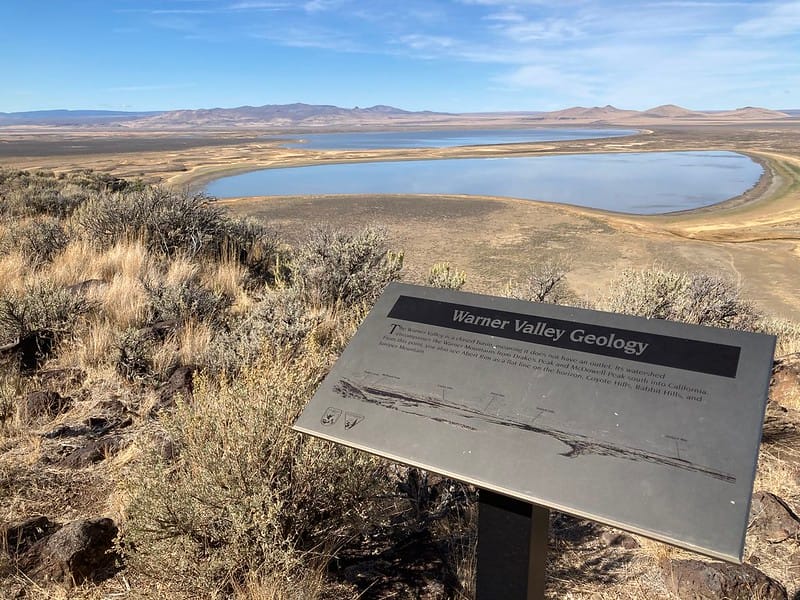
In the title essay of Owning It All, a collection published in 1987, William Kittredge (1932-2020) wrestled with a powerful myth centered on the American West.
I read the essay years ago and even taught it once. Despite that experience, I was not prepared for its resonance when I picked it up and reread it this week.
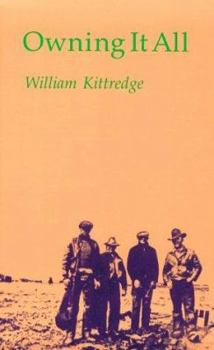
Lost Promises
Kittredge grew up on a ranch in the Warner Valley of southeastern Oregon. He left for college where he became “absorbed in a double-bind sort of learning” that alternated between agriculture and writing. After earning his degree, Kittredge joined the Air Force and spent time in far-off Guam before returning to the far-off Warner Valley in 1958 to continue working his family’s land.
“Owning It All” was Kittredge’s attempt – one of them at least – at coming to grips with the western landscape and what had been done to it by his ancestors and people like them.
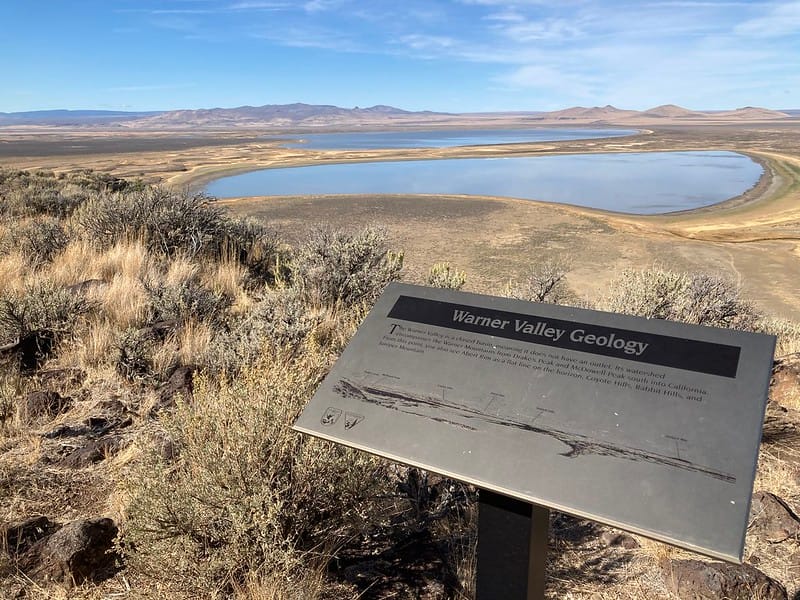
Early in the essay, he got to the crux. “Agriculture is often envisioned as an art, and it can be,” he wrote. After a few more sentences he added the kicker: “It’s just that there is good art and bad art.”
Kittredge told how his family worked to turn the homeplace “into a machine for agriculture” based on “an ideal of beauty based on efficiency.” They drained and diked and irrigated nearly 8,000 acres and ran cattle on a million more. “We owned it all, or so we felt,” wrote Kittredge. “The government was as distant as news on the radio.”
It worked, until it didn’t.
When “it all went dead, over years, but swiftly,” Kittredge and his family “felt enormously betrayed” by the myth that pushed them along, that they enacted “in good faith,” believing they were creating a good place rooted in the land.
This strikes a familiar tone in 2025. Plenty of people feel betrayed, having done what they thought they were supposed to only to end up somewhere less Edenic, less successful, less satisfied than mythic promises. We can interrogate ourselves, or our myths – maybe both.
Mythologies' Blindnesses
A mythology, Kittredge explained, is “a story that contains a set of implicit instructions from a society to its members, telling them what is valuable and how to conduct themselves if they are to preserve the things they value.”
The West’s driving mythology – the one that betrayed Kittredge’s family, that led to a wrecked place – was agricultural ownership.
“We had reinvented our valley according to the most persuasive ideal given us by our culture, and we ended with a landscape organized like a machine for growing crops and fattening cattle, a machine that creaked a little louder each year, a dreamland gone wrong,” wrote Kittredge.
This mythology taught Kittredge’s family that their history conferred ownership. They labored, they bled, they earned this land. Law enacted this myth and made it binding. All the while, it ignored the “genocidal history of violence” inherent in it.
There at its heart sat “a rationale for violence – against other people and against nature.” Because it is my property, I can do what I want, says this mythology. As a driving force, this mythology excuses too much and ends up in perverse places.

Kittredge told a story about his grandfather. As an old man, he used to trap magpies. Once a week, when the trap held a dozen or so birds, his grandfather brought his 12-gauge shotgun to the trap and ritually killed them one by one.
Once, Kittredge asked his grandfather why. “Because they’re mine,” was his grandfather's reply. This statement of “absolute lordship” weighed on Kittredge. It represented the mythic power of property that he had come to distrust, having seen its implications written on the land and in his grandfather’s routinized killing.
New Stories
I recall nothing from the one time I remember teaching “Owning It All.” But I do remember what I intended.
I assigned it the first week of class and wanted students to confront this old western myth. It is not the only one that animates the West’s past, but it surely is prominent enough for them to have felt it working in their lives and through political or popular culture.
But Kittredge did more in the essay than dramatically illustrate how a myth played out on the landscape. He called for alternatives.
Kittredge pointed out that property rights cannot be absolute, cannot override community needs and responsibilities – and shouldn’t. Property rights are a revokable privilege. I might add here, in what I think is in the same spirit as Kittredge, that it is not just property rights but any exercise of dominance that perverts a community’s functioning.
“If we’re lucky,” wrote Kittredge toward the end of the essay, “we may discover a story that teaches us to abhor our old romance with conquest and possession.”
This is what I hoped my students might run with – recognizing that stories drive us and that we can reject old stories that do not serve. Perhaps over the course of the class, I imagined, they might reckon with history, praising what is praiseworthy and condemning what is condemnatory. They might begin seeing the complicated nature of all that we’ve inherited and built – and wrecked – here. Then, I hoped, they would build a new story based on different values.

“Only after re-imagining our myths can we coherently remodel our laws,” wrote Kittredge, “and hope to keep our society in a realistic relationship to what is actual.”
A remodeling of institutions is underway that often seems far from a “realistic relationship to what is actual.” Kittredge did not blame his ancestors or himself for following the script they inherited, and I think there is power in that. Blame is easy; it raises defensiveness and progress stalls. But he points out we must rewrite the script. We must see the world as it has been and as it is before we remake it to what we want it to be.
Latest Publication by Me


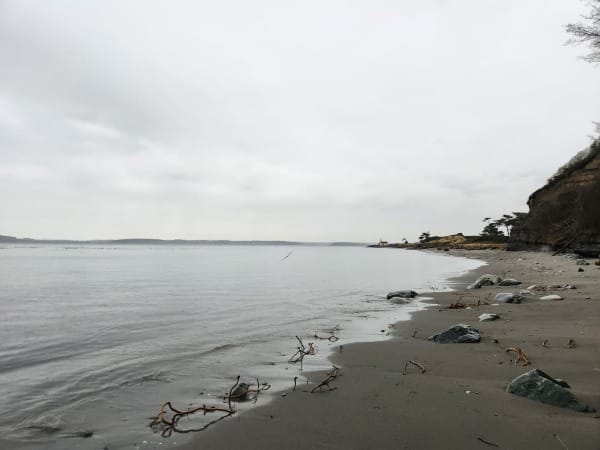

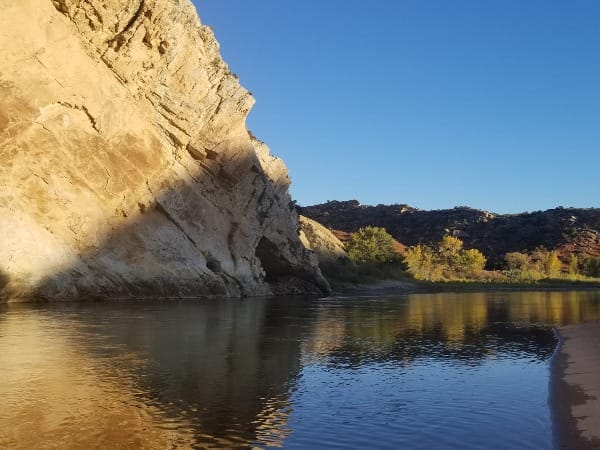
Comments ()